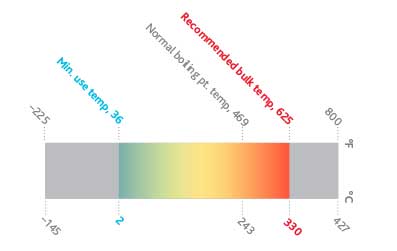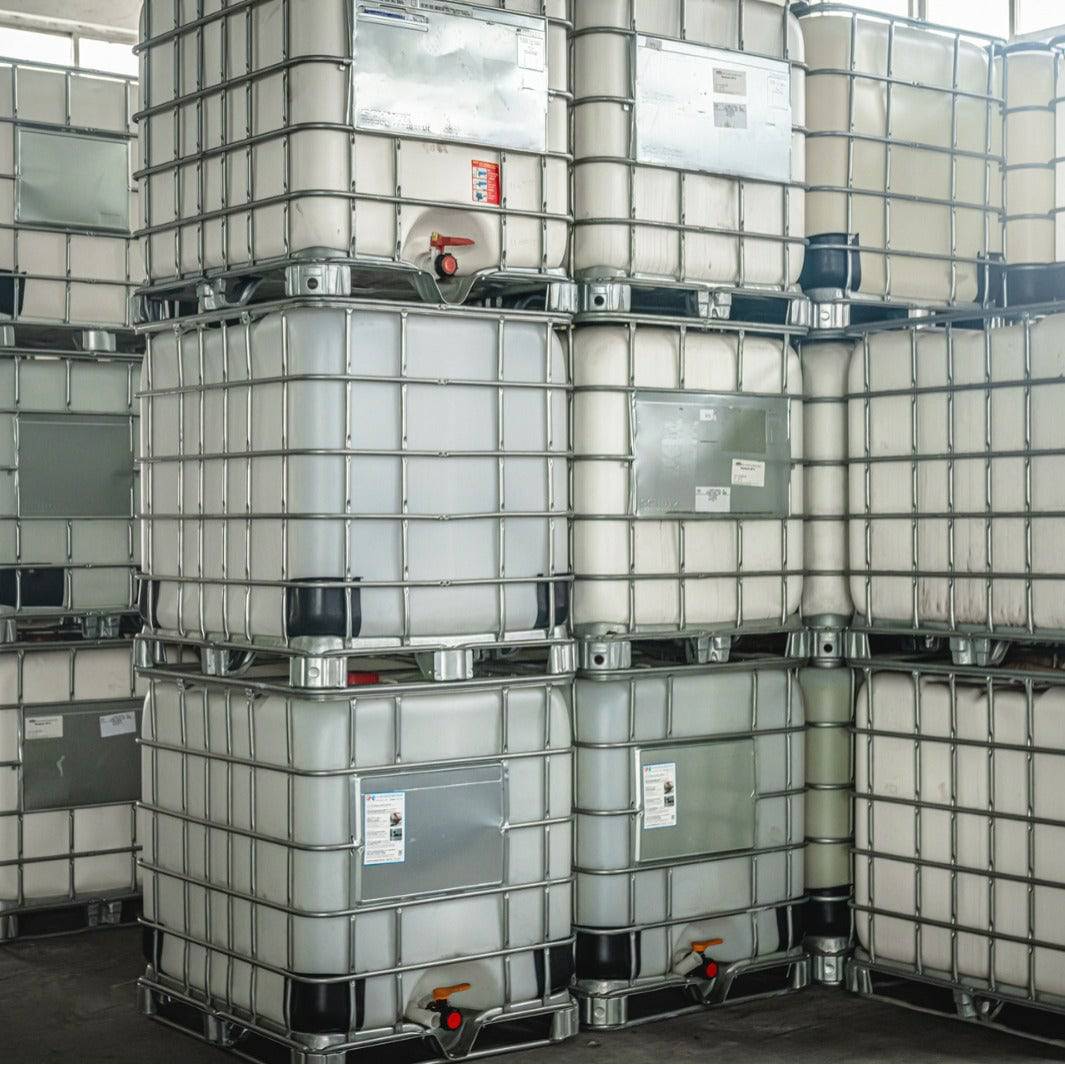Key Advantages of Using a High-Performance Heat Transfer Fluid
Key Advantages of Using a High-Performance Heat Transfer Fluid
Blog Article
How Warmth Transfer Liquid Adds To Lasting and Economical Operations
In the modern industrial landscape, the function of warm transfer liquids (HTFs) in advertising sustainable and affordable operations can not be overemphasized. These liquids are crucial in optimizing thermal management systems, thus substantially boosting power performance and reducing operational costs. heat transfer fluid. The environmental benefits of advanced HTFs, with their high thermal stability and low toxicity, are undeniable.
Understanding Heat Transfer Fluids
In the world of thermal administration, heat transfer liquids (HTFs) offer as vital agents for moving thermal energy from one location to an additional. These liquids play a critical role in various commercial applications, including chemical processing, power generation, and A/c systems.
The make-up of heat transfer fluids can vary considerably, consisting of options such as mineral oils, synthetic oils, glycols, and molten salts. Each type provides distinctive benefits, such as improved thermal stability, reduced viscosity, and high boiling factors, which are selected based on details functional needs. Additionally, the selection of HTF influences not only the efficiency of warm transfer but also the durability and safety and security of the system in which it is employed.
As sectors continue to innovate, the growth of innovative HTFs, defined by their enhanced thermal conductivity and decreased environmental impact, is essential for fulfilling the needs of modern-day thermal monitoring difficulties.

Enhancing Energy Effectiveness

Improving power performance has come to be a vital issue throughout numerous industries, prompting a more detailed examination of heat transfer liquids' function in optimizing thermal administration systems. These fluids are important to maintaining the desired temperature in procedures, thus decreasing energy waste and improving overall system performance. By selecting an appropriate warm transfer fluid, sectors can considerably improve their energy performance, bring about lowered energy intake.

Advanced formulas of warm transfer liquids have been established to hold up against extreme temperatures while preserving security and efficiency. Enhancing energy performance via optimal heat transfer fluid option is not just a technical requirement however additionally an ecological important.
Minimizing Functional Prices
Functional costs are a significant factor to consider for sectors seeking to maintain affordable benefit, and the selection of warmth transfer liquid plays a crucial duty in expense administration. Choosing an ideal heat transfer fluid can check these guys out cause considerable price financial savings by improving system effectiveness and minimizing power usage. High-performance fluids lessen thermal deterioration, which consequently minimizes the frequency of fluid replacement and downtime related to maintenance, thereby decreasing functional costs.
Additionally, warm transfer fluids with superior thermal stability and deterioration resistance expand the life-span of devices. This decreases the need for frequent fixings and substitutes, which can be expensive and disruptive to operations. By buying high-grade liquids, markets can achieve lasting decreases in maintenance costs and improve the reliability of their systems.
Additionally, progressed warmth transfer fluids typically exhibit lower thickness at operating temperature levels, which improves pump effectiveness and minimizes power usage in fluid flow. Several modern-day heat transfer fluids are engineered to operate properly over a wide temperature range, decreasing the requirement for several liquid kinds, therefore streamlining inventory requirements and decreasing connected expenses.
Environmental Effect Reduction
The push in the direction of minimizing environmental impact has actually gotten momentum in industries leveraging warmth transfer liquids. Heat transfer liquids (HTFs) play an essential function in this shift, offering possibilities to improve energy performance and minimize emissions - heat transfer fluid.
Furthermore, making use of innovative warm transfer fluids adds see here to enhanced system effectiveness, decreasing the general power consumption. This decrease not just results in price savings yet likewise reduces carbon dioxide emissions, assisting in the fight versus climate adjustment. Fluids that are biodegradable and recyclable additionally enhance sustainability initiatives, as they diminish waste and promote round economic climate techniques.
Additionally, including HTFs into closed-loop systems stops fluid loss and contamination of the surrounding setting. This method makes certain that fluids are recycled, lowering the demand for brand-new sources and limiting waste generation. By accepting these eco conscious techniques, sectors can considerably lessen their environmental influence while maintaining high operational performance, aligning with worldwide sustainability objectives and check these guys out governing requirements.
Choosing the Right HTF
Picking the proper warmth transfer liquid (HTF) is a vital action in progressing ecological sustainability within commercial procedures - heat transfer fluid. A suitable HTF needs to have a high thermal ability, reduced viscosity, and high thermal conductivity to guarantee efficient heat transfer.
When picking an HTF, it is necessary to consider its compatibility with system products to stay clear of deterioration and chemical responses. This makes certain durability and lowers maintenance expenses. The fluid should be safe and eco-friendly, decreasing its ecological impact and making sure conformity with ecological laws. The lifecycle expense of the HTF, encompassing procurement, operation, and disposal, should additionally be assessed to ensure financial feasibility.
Verdict

Report this page